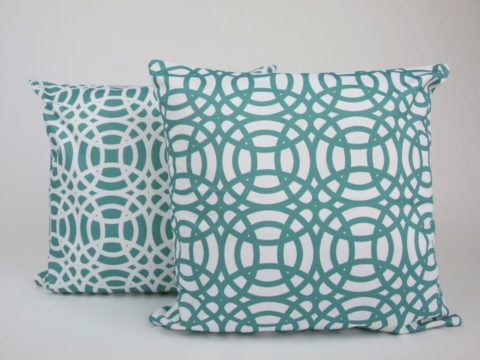The Creation of France
Chapter 5 : Normandy and Aquitaine
Normandy
In 1066, the Duke of Normandy, William I (c. 1027 – 1086), who was the acknowledged vassal of king Henri I of the West Franks, conquered England. This gave the Norman dukes additional power, as rulers of a far more centralised state. William’s great-grandson, Henri ‘Plantagenet’ (an anachronistic term, but useful), Count of Anjou, inherited the English throne in 1154 as Henry II. At the same time, the king of the Franks was Louis VII (1120 – 1180). Louis was not a terribly effective king, but he had managed to secure the duchess of Aquitaine, Eleanor (c. 1122 – 1204), as his wife. This led to the massive expansion of French royal domains.
A great opportunity came Henry’s way when Louis VII’s marriage to Eleanor of Aquitaine broke down, and ended in an annulment – the couple had had two daughters.
Henry, never one to let the grass grow under his feet, quickly married Eleanor, who was eager to free her lands from French control. This gave the king of England control over a vast portion of France – much to Louis’ disgust.
Henry II was essentially a French lord – his ambitions were to secure Anjou, and to capture the county of the Vexin that lay between his hereditary lands of Anjou and Normandy. He also rather fancied grabbing Brittany – forcing its duke, Conan’s, daughter, Constance, to marry Henry’s own son, Geoffrey.
Aquitaine
In the next generation, Henry’s sons failed to keep their lands together – Richard I of England (1157 – 1189) spent more time crusading than caring for his country, and his successor, his brother John (1166 – 1216), was widely hated, and incapable of showing the leadership required to keep his vast territories together. Louis VII’s son, Philip II Augustus (1165 – 1223), was far wilier. He sowed dissension within the Plantagenets, and managed to wrest most of their French possessions from John, who had also angered his vassals in Aquitaine by his marriage to Isabelle, heir to the county of Angoulême, despite her betrothal to Hugh de Lusignan.
